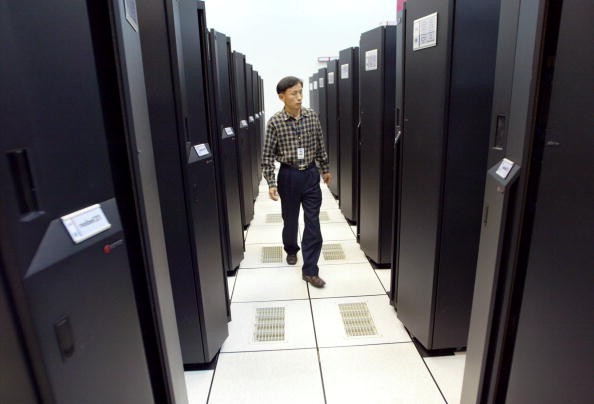China is quickly taking the lead as the global leader in the digital arms race as the country promises to complete the building of the world's first prototype exascale computer.
"A complete supercomputing system of the exascale supercomputer and its applications can only be expected in 2010," said Zhang Ting, one of the engineers at the National Supercomputer Center, during the sixth session of the 16th TIanjin Municipal People's Congress, state news agency Xinhua reported.
"[It] will be 200 times more powerful than the country's first petaflop computer Tianhe-1, recognized as the world's fastest in 2010," Zhang said.
According to Zhang, the prototype of the exascale supercomputer is expected to be ready before 2017 comes to a close. Among the super computer's capability is to make a billion billion or 1 quintillion calculations per second.
With the supercomputer, China can move ahead in the development of more programs and innovations, said Zhang.
It is unclear, however, how the prototype will fare against the finished exascale computer.
A Race Between China and the United States
China is not alone in building exascale computers. The United States is also planning to build one, as the U.S. Department of Energy slated it will be operational by 2023.
Aside from leading the digital arms race, China also takes the leading position as the nation with the most number of supercomputers listed in the world's top 500. It overtook the U.S. last June, having 167 supercomputers in contrast to the U.S.' 165. However, the United States has more supercomputers in the top 10--five compared to China's two.
Supercomputers can be used in a variety of tasks, from national defense to life sciences. According to an article by The Verge, the United States was successful in blocking the export of Intel chips for China's supercomputer (the fastest at that time) two years ago.



























